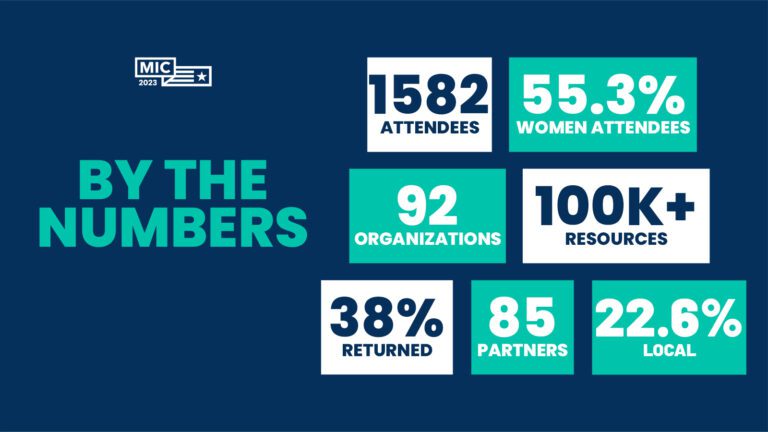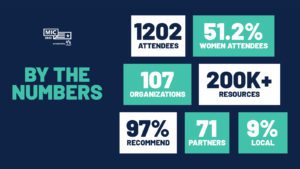

Outsourcing On A Budget
- by
Early guides companies through outsourcing decisions and connects skilled remote workers with clients who need them.
When to outsource
There is no magical timeline to help an entrepreneur decide when to share their workload. Instead, they should consider the value that will be added and the overall return on the investment. Early says that consistent income is a key factor.
“If you are having consistent income month over month, then you’re in a good place to outsource. For some people that happens sooner than a year; for others it takes longer,” she said.
What tasks to outsource first
A first step for any entrepreneur is
to examine what specific tasks are worthwhile to outsource. Ideally, these are the tasks that you are not an expert in, but have the funds to pay someone with the skills. Early says this is both a financial and an emotional decision.
“When you outsource, you’re handing your baby to someone. The easiest thing to outsource at first is whatever you aren’t good at: finance, bookkeeping, web design, technical things, etc. It’s easy to delegate because you aren’t an expert and you are able to let go. Administrative services can give you a lot more time back, but those are harder to let go of, especially in the earlier stages,” she said.
How to find the right people
Outsourcing means contracting with either freelancers or an agency for certain tasks, rather than hiring an employee. You can either reach out directly to a recommended contractor, or work with an agency to match
you with one. Begin by asking for recommendations from peers in
your professional community. Early recommends treating this stage like the hiring process rather than jumping at the first recommendation.
“Think about the relationship you are looking for. When you get recommendations, ask why they recommend that person. Treat it like hiring an employee: you interview them, discuss communication styles, and determine whether they fit with your company culture.”
Freelancer vs. Agency
Whether you contract directly with a freelancer or hire an agency depends on your budget and the services you desire. While a freelancer is typically more affordable and involves less time
to manage, an agency guarantees more consistency and fallback options if someone gets sick. The right answer depends on the scope of work and the level of service your company needs.
Early explains, “Agencies can be more expensive, and some loop you into long-term contracts. The benefits are that you have more accountability, better coverage, more oversight and quicker resolution of disagreements.
If there is a disagreement about cost or quality of work, the agency handles that. Also, an agency can pivot to offer you additional services as needed. You get access to more than one mind: a project manager will consult with a team for more answers and info.”
If you hire a freelancer directly, there typically isn’t a long contract or upfront cost. An individual may provide faster turnaround without regular check-ins, but you are relying on their schedule and their health. If you develop additional needs, you are limited by your freelancer’s skills and may need to hire an additional contractor.
Ensuring success in the outsourcing relationship
An outsourcing relationship can only be successful with good communication from both parties. Not only do you need to be clear and concise about your project expectations, but you also need to be available for your outsourced
partner to answer their questions and provide feedback. Early offers these recommendations for success:
- Have an onboarding call to discuss your preferred methods of communication.
- Explain what a successful completed project looks like and elaborate on details.
- Discuss deadlines and expectations for check-ins and completed tasks.
“That’s a big investment in the beginning: making that call and giving a few weeks to get into a rhythm takes time. But it’s necessary, and you have to let people fail forward so that you can improve together,” Early said.
It’s also important to put everything in writing, so both parties can refer back to comments and details, she added.
“I suggest using a project management tool like Asana or Trello because it keeps things trackable. You can upload all the deliverables, and all the comments and requests are listed in one place.”
Outsourcing is a great way for an entrepreneur to gain expert support to grow a business. To learn more about how Early and her team
work with companies, visit https:// wiseadviseteam.com.
YOU MAY ALSO LIKE
MIC Updates

Behind The Numbers Of MIC 2023














